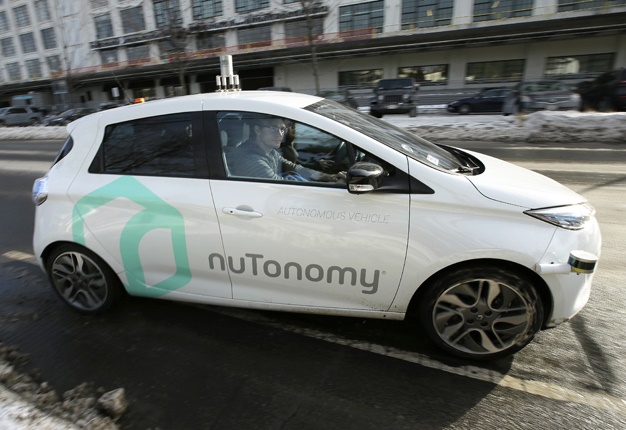
London - A future characterised by driverless cars might be safer, according to proponents. However, critics point to the potential job loss that automation of transport might entail.
The technology is still in its infancy, but it will continue to develop over the coming years.
"According to the British government, driverless cars could create up to about 30 000 jobs in the United Kingdom," Al Jazeera correspondent Laurence Lee, reporting from Coventry in London, said.
"The number sounds okay until you hear that in this part of the country, automation could cost as many as 300,000 jobs."
For the UK, the possibility of increased automation brings back memories of a time when car factories closed en masse because of foreign competition.
"It's pretty clear that governments like the one in Britain need a job strategy for automation," he said.
Leap forward
Despite this gloomy job forecast, proponents of driverless cars think the technology will be a leap forward that will change the way we travel and make it a lot safer.
According to them, there might be a future where car ownership is limited, and people move from driverless pod to driverless pod.
"Monorail systems near airports are driverless, and people use those quite happily," Tom Sorell, a University of Warwick professor, told Al Jazeera.
"So long as the speeds are fairly low, it's probably a safe proposition."
Some even say people will be able to sleep or work in their vehicle, while the automated driver takes care of what happens on the road.
According to critics, however, automation could lead to the loss of millions of jobs, especially in the transport sector.
And some are not so sure it is safe yet to go completely driverless, at least not in urban areas.
"There's too much going on. It's an extremely busy and complex environment with lots of potential distractions, like people suddenly crossing the street. It's probably too complex," Neville Stanton, a Southampton University professor, told Al Jazeera.
The rapid progress of the technology means that drivers, commercial or private, will probably be obsolete sooner rather than later.
And although the promise of safer roads sounds enticing because automated cars are said to be less prone to mistakes, many fear that the loss of jobs will be a disaster on a different scale.




 Publications
Publications
 Partners
Partners















